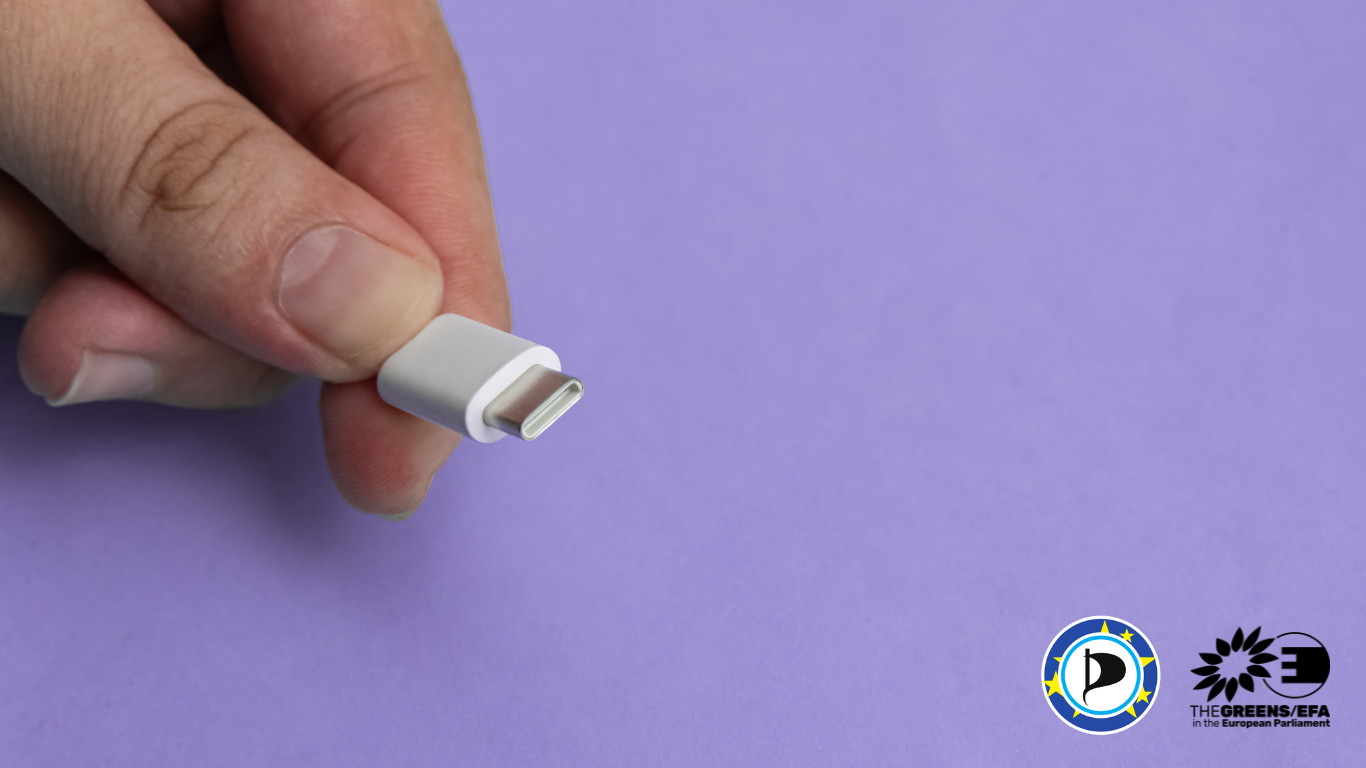The Parliament agreed to introduce a unified USB-C charger for all mobile electronic devices.
We will no longer need separate cables to charge our laptops, tablets and smartphones – one USB-C will do for all. This regulation will apply to all companies, meaning even companies like Apple, which used to opt for unique connectors, will need to switch to this common type. USB-C will also replace the headphones jack and network cable connectors. The directive is supposed to enter into force in the fall of 2024.
Saving the consumers’ money
We will finally be able to get rid of the tangle of cables with a different connector for every device. Manufacturers will also no longer be able to force us to buy their specific overpriced chargers, which cannot be connected to any other devices. Chargers will, therefore, also no longer be part of the packaging, and we will be able to choose whether we want to buy a new device separately or with a cable since there will be no need to buy more and more. Manufacturers will also have to make turbo-charging technologies available, meaning consumers will be able to charge their devices quickly with any compatible charger. According to Brussels estimates, this will save up to 6.2 billion crowns of European consumers’ money.
Helping the environment
Electronic waste amounts to millions of tons annually in Europe, and up to 11 thousand tons consist of waste cables. The new directive will help bring this huge sum down at least a little. Some electronic waste gets recycled in Europe, but that is only less than 40 % of what we throw out. The Czech Republic is slightly above the 27’s average, recycling around 47 % of electronic waste. This legislation is far from the first directive in the field; Europe has been trying to reduce the number of connectors for years. In 2009, we still had dozens of connectors, while now we have three standardized types, and in two years, there will only be one.
The universal cable will not hamper development and innovation
The USB-C cable has significant advantages when compared to its predecessors. Regardless of the form of the “double-sided” cable, there are several technological benefits. The USB-C tech has much higher performance (up to 100 W), and it can transfer data considerably faster (up to 10 Gb/s) when compared to any other existing cable type. It amounts to what we call a tech norm, which has been in development for several years in collaboration of the world’s leading tech companies such as Microsoft and Intel. The result was this universal and speedy USB-C connector. As such, concerns that the new directive will hamper the development of new, improved tech are unfounded. This is no ad-hoc innovation or a tech start-up but a technology norm that generally takes years of research. If companies start developing a new connector with much better performance or other breakthrough features, there will definitely be enough time to adapt EU legislation. At the same time, if electronics manufacturers want to include other unique connectors in their tech, nobody will stop them. The question is simply whether customers will want to buy their specific cables when absolutely everything from listening to music to connecting to the Internet can be done through the new USB-C.


0 comments on “Europe will get a unified charger for all mobile electronic devices!”